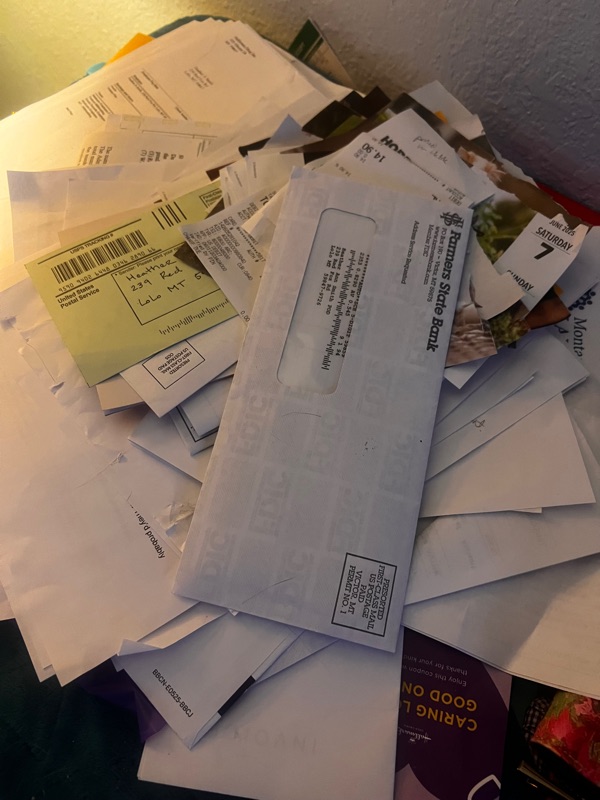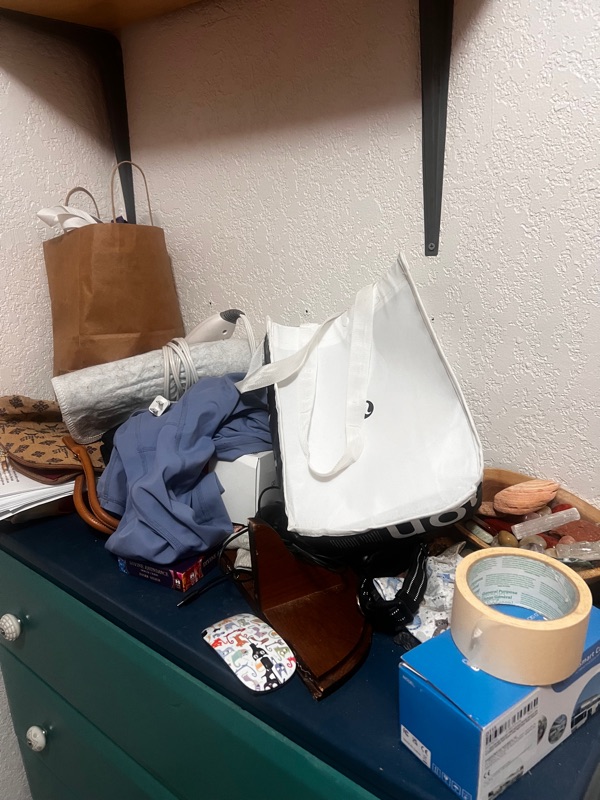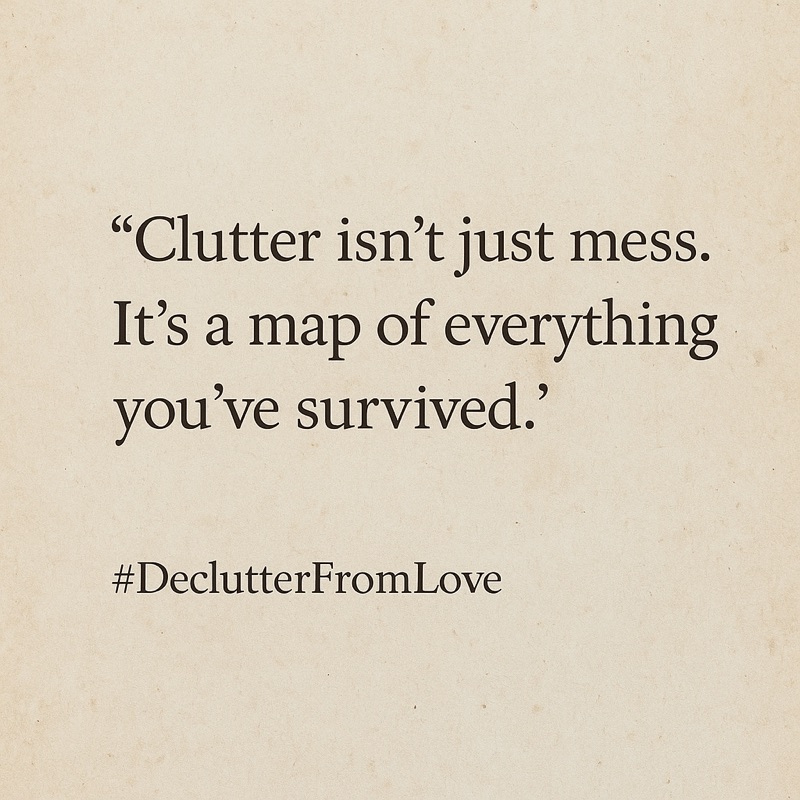Clutter We Carry: How Trauma Shows Up in Our Space

People often associate clutter with laziness or disorganization.
But when you’ve been through trauma, clutter isn’t just mess.
It’s a symptom.
It’s a shield.
Sometimes, it’s the only structure standing between you and total collapse. I’m not talking about hoarding.
I’m talking about the stacks of papers you never sorted.
The books you swear you’ll read when you have energy.
The bags of clothes you meant to donate months ago.
The junk drawer that grew legs and took over the dining table.
And at the root of it?
It’s not laziness. It’s not poor time management.
It’s trauma.
The Invisible Storm
When your nervous system has been in overdrive for years—fighting to survive, pushing through emotional pain, financial fear, loneliness, or grief—the last thing your brain prioritizes is color-coded shelves and spotless floors.
Add in a packed schedule, physical exhaustion, and emotional flashbacks, and you’ve got the perfect storm for what I call trauma clutter.
This isn’t about being untidy.
This is about overwhelm-induced paralysis.
It’s about using your environment to avoid your emotions, because opening that box might mean opening a floodgate.
It’s about creating “hotspots” of chaos in corners of your home that silently echo everything you haven’t been able to face.

You know the spots:
- The pile of mail you dread sorting.
- The laundry basket that’s become a second dresser.
- The table stacked with things you might need, just in case.
- The room you keep the door closed to.

These spaces are sacred. And heavy.
They’re filled with unprocessed grief, unmet needs, and sometimes, the ghosts of who you used to be.
Clutter as a Form of Protection
Clutter, for many trauma survivors, becomes a buffer.
It gives us an excuse to stay hidden:
“I’d invite someone over, but the house is a mess.”
“I can’t focus on healing—look at this place.”
“I just need to clean first, then I’ll start.”
But what we’re really saying is:
“I’m not ready to let anyone in.”
“I don’t feel safe being seen.”
“If I organize this space, I might have to feel everything I’ve been avoiding.”
And here’s the truth no one talks about:
Cleaning while healing from trauma can be physically painful.
You might feel anxious, nauseated, dizzy, or emotionally wiped out after just one drawer.
You might cry over a pile of old receipts or find yourself curled on the floor, unable to move.
This is real. This is trauma trying to move through you.
And it’s why the clutter keeps coming back. Because every time you start, you feel triggered. You step away for a break. The break becomes a week. A month. A season. And just like that, the cycle resets.
Why Breaking the Clutter Cycle Matters in Healing
Because healing from trauma means facing what we’ve been avoiding. Not all at once. Not perfectly. Not without support. But piece by piece, drawer by drawer, emotion by emotion. Because every pile of clutter you gently untangle becomes a tiny declaration:
“I deserve peace.”
“I deserve space to breathe.”
“I am no longer protecting myself from the past—I am making room for my future.”
It’s Not Just About a Clean House.
It’s about showing your nervous system that it’s safe now. It’s about building new habits from a place of love, not punishment. It’s about reclaiming your power in the smallest, most ordinary ways—until they no longer feel so small. If you’re struggling with clutter, please hear me:
💛 You are not lazy.
💛 You are not broken.
💛 You are carrying too much, and your space is just reflecting that.
And when you’re ready, you can start shifting it.
Not for perfection.
Not to impress anyone.
But because you are worthy of a life that feels clear, open, and yours again.
🌱 Gentle Prompt:
What’s one small corner, drawer, or pile that feels safe enough to begin with?
Set a timer. Ten minutes. Play music. Breathe. Cry if you need to.
You’re not cleaning.
You’re reclaiming your peace.

#TraumaClutter #HealingThroughCleaning #SoftRebuild #NervousSystemRecovery #EmotionalMessiness #YoureNotAlone #SurvivorTruths
Comments
Post a Comment